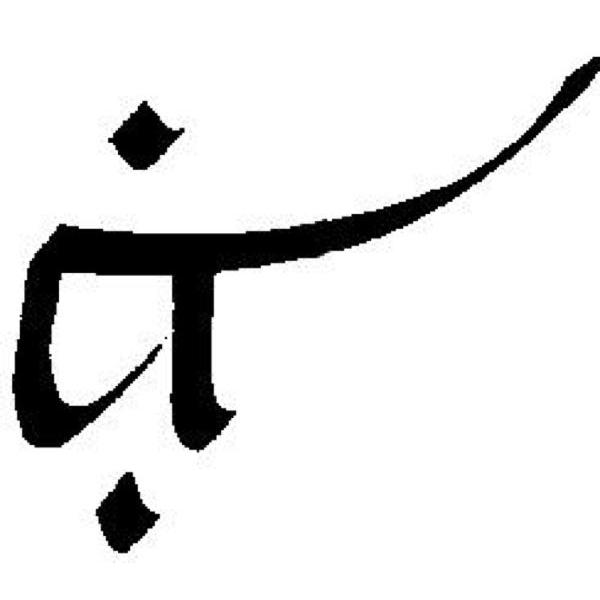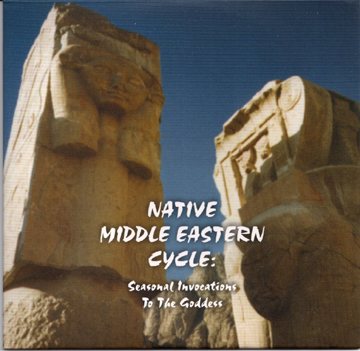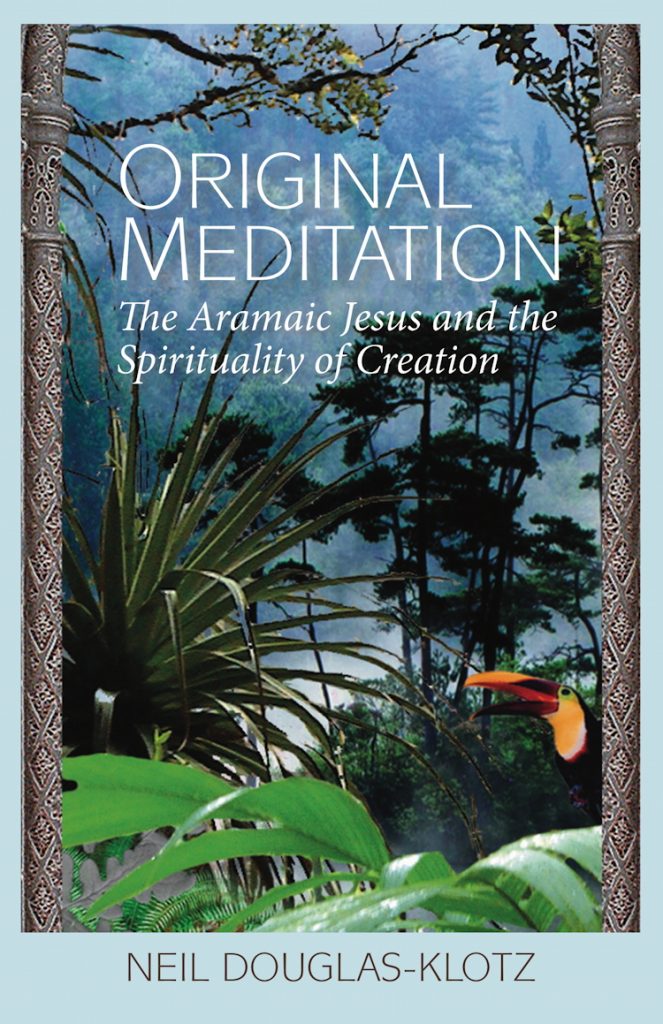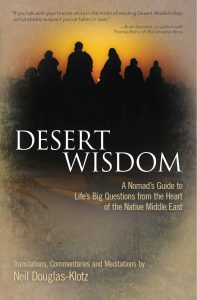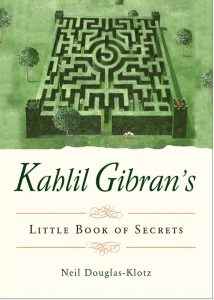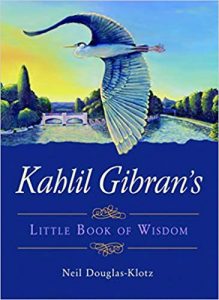Desert Wisdom
Southwest Asian Nomadic Spirituality
and the Evolution of Consciousness
Through the internet and mass media, we know more and more about what happens all over the planet. At the same time, we may feel more helpless to do anything about it—rootless and unconnected. There seems to be no certainty, except for the certainty of change.
Ancient Middle Eastern (Southwest Asian) peoples, being nomadic, knew much about change. The essence of their spirituality arose before settlement and civilization. They became experts in things like hospitality, interdependence and connection to the natural world. Within all the perpetual changes of life, they intuited and visioned stories and wisdom about what connects everything—an underlying and overarching Unity.
In the West, only some ancient Middle Eastern voices have been considered “primitive.” Through the lens of Western philosophy, science and theology, others are regarded as the only source of truth and civilization. These older voices need “re-hearing,” allowing the richness of expression originally there to burst the strait-jackets of institutionalisation. In the ancient Middle Eastern Semitic languages, the distinction between what we call cosmology—our place in the universe—and psychology—our inner state– did not exist. When cosmology meets psychology, then the way we treat ourselves is the way we treat nature and those around us. And vice versa.
–from the introduction to Desert Wisdom
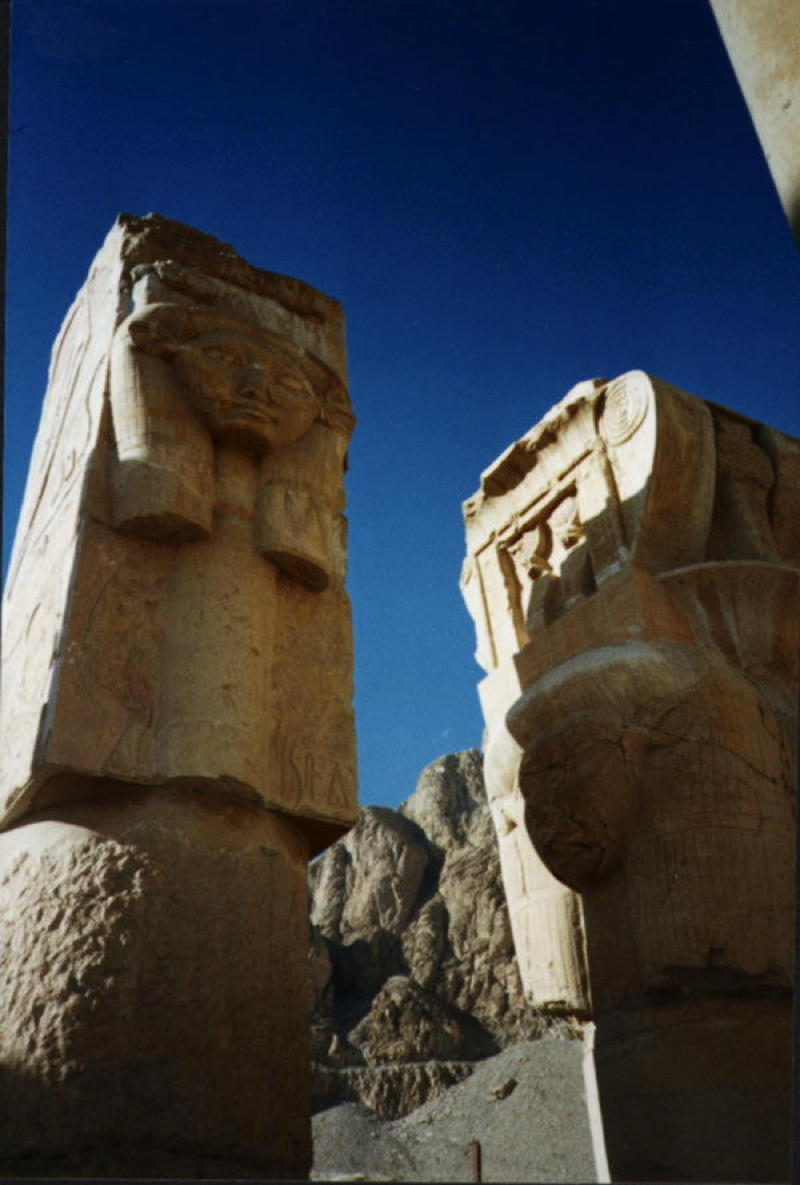
Statues of Goddess Hathor at the Palace of Queen Hatshepsut
photo by Neil Douglas-Klotz
Oil Fields of the Soul:
Neil’s 1995 presentation to the annual conference of the American Association of Humanistic Psychology.
“Each chapter is a marvellous sweep across faiths, history and spiritual exploration and, as in The Hidden Gospel, is embellished by numerous offerings of prayers and meditation. It is this that I like best about Douglas- Klotz’s work–the marriage of theory and practice in an accessible piece of work. The depth and breadth is challenging, stimulating, inspiring and transforming, and it also conveys something of the author’s humility and compassion. It is light years away from fluffy new age texts to comfort the ego, and equally remote from dogma and fundamentalism. Douglas-Klotz is offering a real service to humanity in his work, which is in essence healing work. Again he is to be congratulated on producing such an intelligent, heartfelt and practical guide.”
–Spirituality and Health International (UK), review of Original Meditation
–Brian Swimme, Co-author, with Thomas Berry, of The Universe Story, reviewing Desert Wisdom
Voices of Desert Wisdom
Khalil Gibran's Spiritual, Social and Political Vision
Desert Wisdom Sacred Dance
Western Cosmology and Ecology: Looking Back, Looking Ahead
Related Books
Desert Wisdom (2010)
“Weaves ancient sacred messages by the golden thread of unity…open this book anywhere and discover delightful inner openings.” –Shaykh Fadhlalla Haeri
Part oracle, part meditation book, and part Aladdin’s cave of myth and sacred story,
Desert Wisdom offers a fresh way to hear the ancient visionary voices of the Middle East, applied to life’s big questions.
Original Meditation (2003, 2016)
“…a brilliant scholar with heart whose words have the power to reconnect us to our sacred source.” –Joan Borysenko
The ancient form of creation meditation that unites the three religions of the Middle East. An anthology of Jewish, Christian and Islamic creation mysticism with new translations and body prayer meditations throughout.
Wild Wisdom (2020)
Zen Masters, Mountain Monks, and Rebellious Eccentrics Reflect on the Healing Power of Nature
“Voices that speak across the centuries are those of the forest, the waters, the mountains, and the desert.” –M. Amos Clifford
Ecologists, scientists, mystics and artists speak wild wisdom from their experiences within the consciousness of nature itself. Paperback and ebook, published by Hampton Roads.
The Tent of Abraham (2006)
by Rabbi Arthur Waskow, Joan Chittister, OSB and Murshid Saadi Shakur Chishti (with a foreword by Karen Armstrong)
“People really must read this book, for the choice of interpreting our three faiths as the grounds for war or for peace is nothing less than a choice between life and death.” — Rabbi Elliot N. Dorff
Three key religious thinkers write about the story of Abraham as a way to deepen Muslim, Christian, and Jewish understanding.
Hardback, Paperback. Beacon Press.
